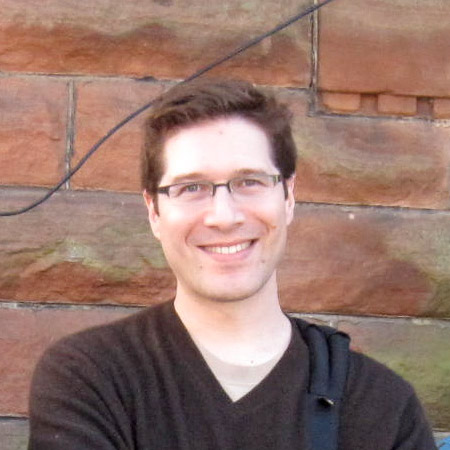
Carl Zimring, Ph.D., 2002
January 3, 2017
I completed my Ph.D in history from Carnegie Mellon in 2002, and my research focus on the ways humans have classified and managed wastes over time, including the history of scrap recycling businesses in the United States, the occupation structures of waste management and their relationships to structural racism, and the unintended consequences of the automobile shredder. My new book is a history of sustainable design strategies, specifically the ways in which aluminum has been upcycled and how that has affected economic and environmental conditions.
My current position relies on my training, although I am not employed in a traditional history department. I coordinate the Sustainability Studies minor at the Pratt Institute, where my students go on to become architects, industrial designers, fashion designers, interior designers, and fine artists. As a historian focused on the waste streams of industrial society, being able to share my training with the people who will shape the waste streams of the future is a satisfying use of m veducation.
I look at technology and the environment from the prospect of history, and especially historian Melvin Kranzberg’s law that “technology is neither good nor bad; nor is it neutral.” Applications of technology have had catastrophic consequences for the environment (for example, the use of fossil fuels to produce climate change), and also have greatly benefited human health and ecosystems (for example, the application of wastewater treatment to reduce pathogens in waterways).
In addition, technologies intended to aid the environment can have unintended consequences (I teach Joel Tarr’s example that the automobiles celebrated as manure-free “horseless carriages” a century ago have produced air pollution problems). I see my role at Pratt as working with many disciplines to give students perspective on the complex relationships between technology and the environment in the hopes that such an education will allow them to develop better practices for employing technology in the future.